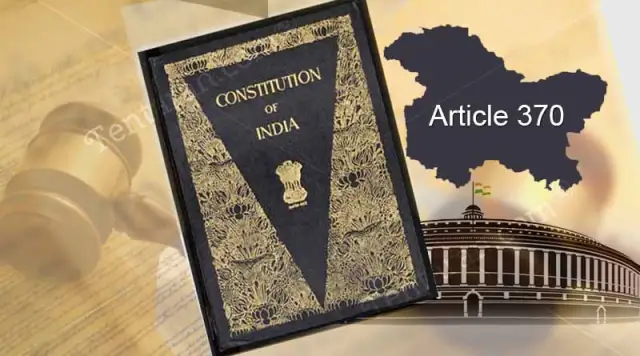Article 370 of the Constitution of India has been a subject of much contemplation and deliberation due to its unique provisions. This article, which was incorporated into the constitution in 1949, grants a special status to the state of Jammu and Kashmir. It provides the region with a certain degree of autonomy, allowing it to have its own constitution, flag, and limited jurisdiction. However, over the years, Article 370 has faced both praise and criticism, with opinions varying widely on its efficacy and relevance.
Historically, Article 370 was a result of negotiations between the then-prime minister of India, Jawaharlal Nehru, and the ruler of the princely state of Jammu and Kashmir, Maharaja Hari Singh. The article aimed to protect the unique identity and demographic composition of Jammu and Kashmir. It granted the state a separate constitution and gave it control over several matters, including internal administration, legislative powers, and the ability to enact laws. Additionally, it restricted the applicability of Indian laws to the state, making it distinct from other regions of the country.
While proponents of Article 370 argue that it preserves the cultural and religious identity of Jammu and Kashmir, critics contend that it hinders the full integration of the state into India. They argue that the special status granted by the article has impeded economic development, limited investment opportunities, and hindered the extension of various welfare schemes to the region.
In August 2019, the Indian government made a historic decision to abrogate Article 370 and revoke the special status of Jammu and Kashmir. This move sparked widespread debate and elicited contrasting reactions across the nation. Supporters of the revocation argue that it will lead to the integration of Jammu and Kashmir into mainstream India, promote economic growth, and strengthen national security. On the other hand, opponents express concerns about the potential erosion of the region’s distinct identity and the impact on its relationship with the rest of India.
In conclusion, Article 370 of the Constitution of India has been a subject of much contention due to its unique provisions. The ongoing discourse surrounding its revocation reflects the complexities and divergent perspectives on the issue. As the future unfolds, the implications of this decision will continue to shape the dynamics between Jammu and Kashmir and the rest of India.
